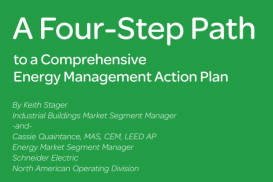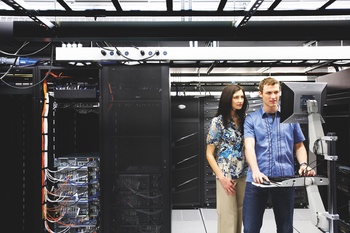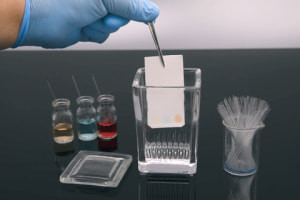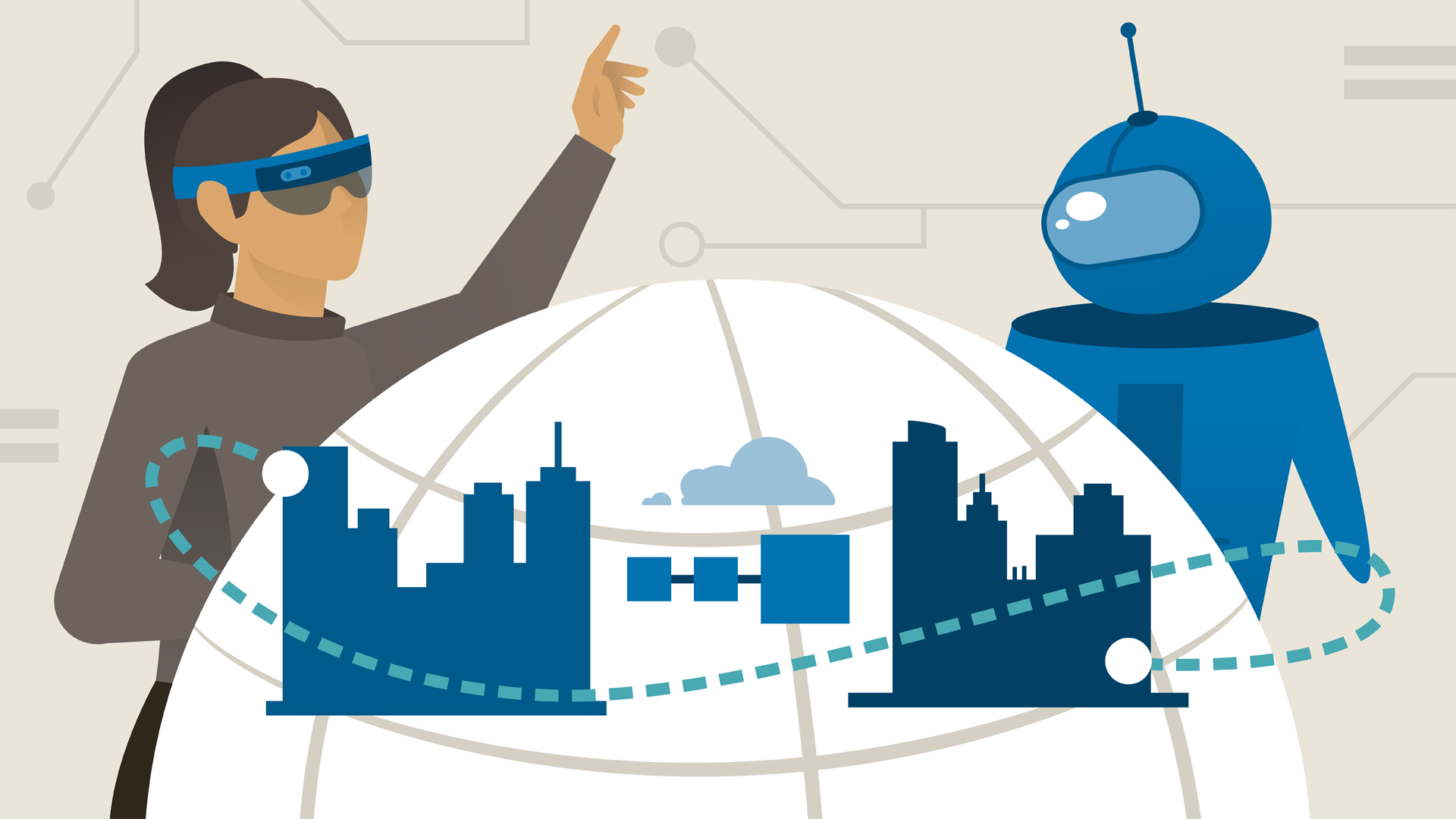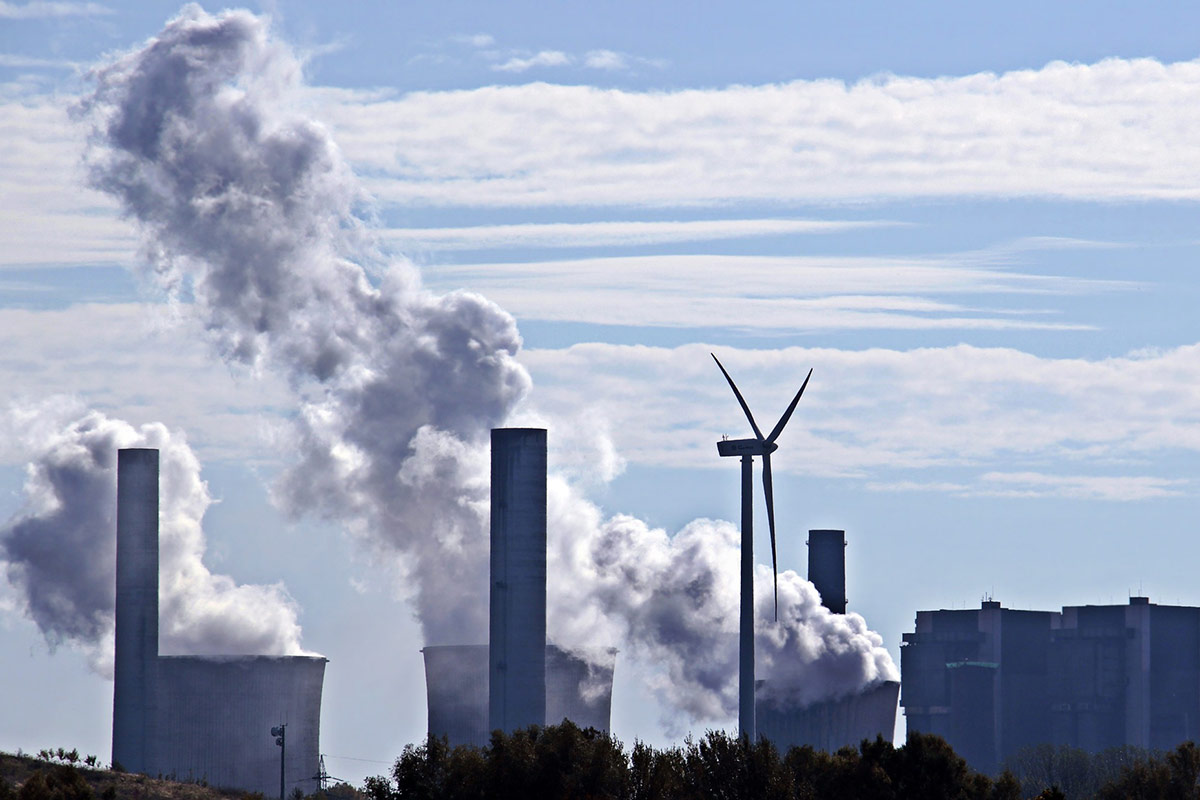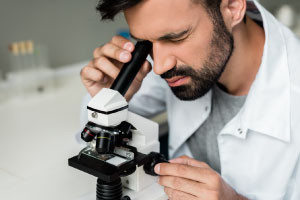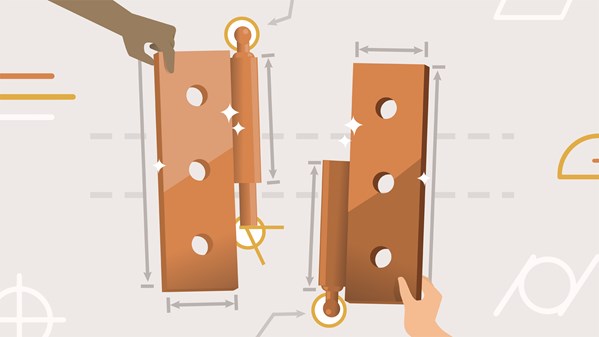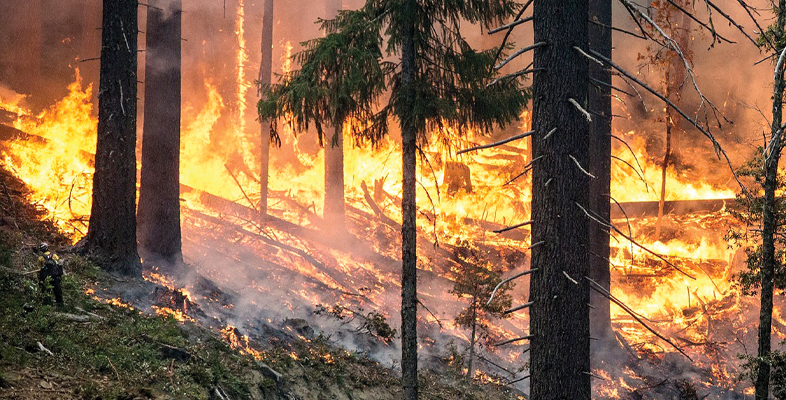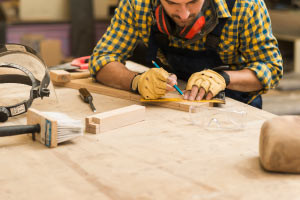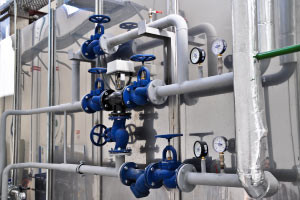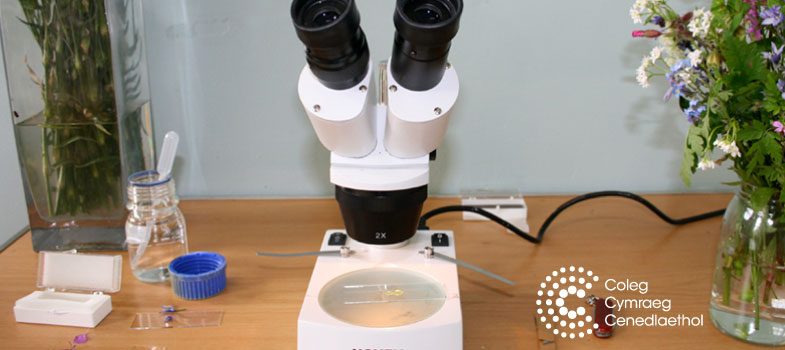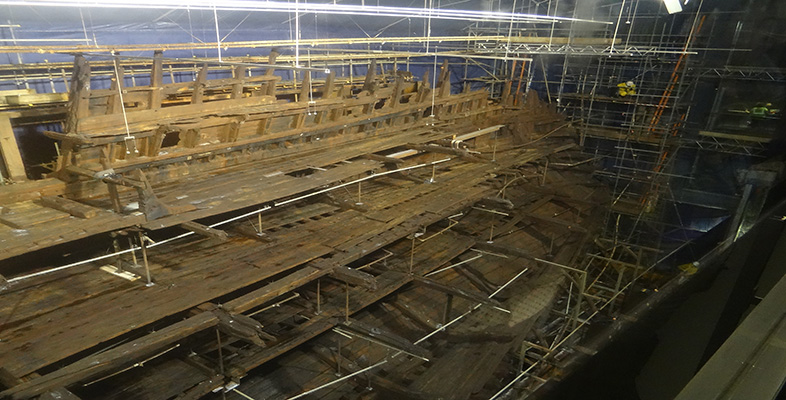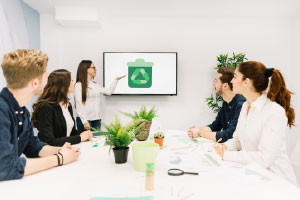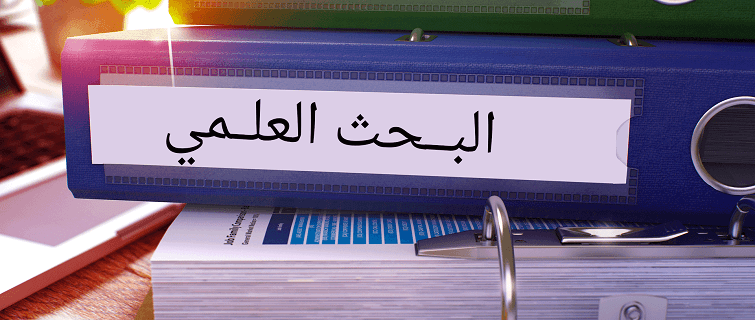Assessing contemporary science
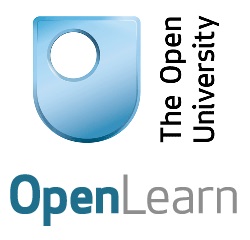
OpenLearn Review
Location
Online(Course Link)
Dates
On Demand
Course Categories
Math, Science and Engineering
Certficate
Yes(tatement of participation)
Language
English
Course Fees
FreeNo. of Attendant
Unlimited
Acquired Skills/Covered Subjects
- critically evaluate statements,understand key aspects of areas of scientific knowledge that have personal relevance,understand some of the wider implications associated with any scientific investigation
| Provider Name | OpenLearn |
|---|---|
| Training Areas |
|
| Website | http://www.openuniversity.edu/ |
| About The Provider |
Since its launch in 2006, OpenLearn has become an integrated part of The Open University, with the site attracting more than 69 million visitors – many of which go on to make an enquiry about becoming a formal student, strengthening the journey between informal and formal learning. The OpenLearn team originate, commission and develop content that unites faculty and University priorities with areas of topical and general interest. This is in support of our own student population in their academic, skills and career and personal development (CPD) endeavours, delivering quality assets openly available for teaching and learning. OL deliver bite-sized learning experiences designed to fit easily into daily life, so whether you're a busy parent looking to get promoted at work, or back-packing across Africa and wanting to increase your learning, we are open with no requirements to access our free materials. Some of OL academic-led content includes: |
Effective communication is essential in science, but do you ever wonder whether articles written about science in the news are thorough, unambiguous and objective? Rigorous assessment is at the heart of good science. This free course, Assessing contemporary science, will introduce methods of examining reports and reaching the ‘science behind the news’.
It will explore the ways in which scientific knowledge develops, undergoes peer review and is communicated. The second half of the course will focus more closely on a specific scientific topic – plastics – and give you a chance to practise these skills by considering the topic's social impact, building a glossary of unfamiliar terms, and evaluating relevant information sources.



